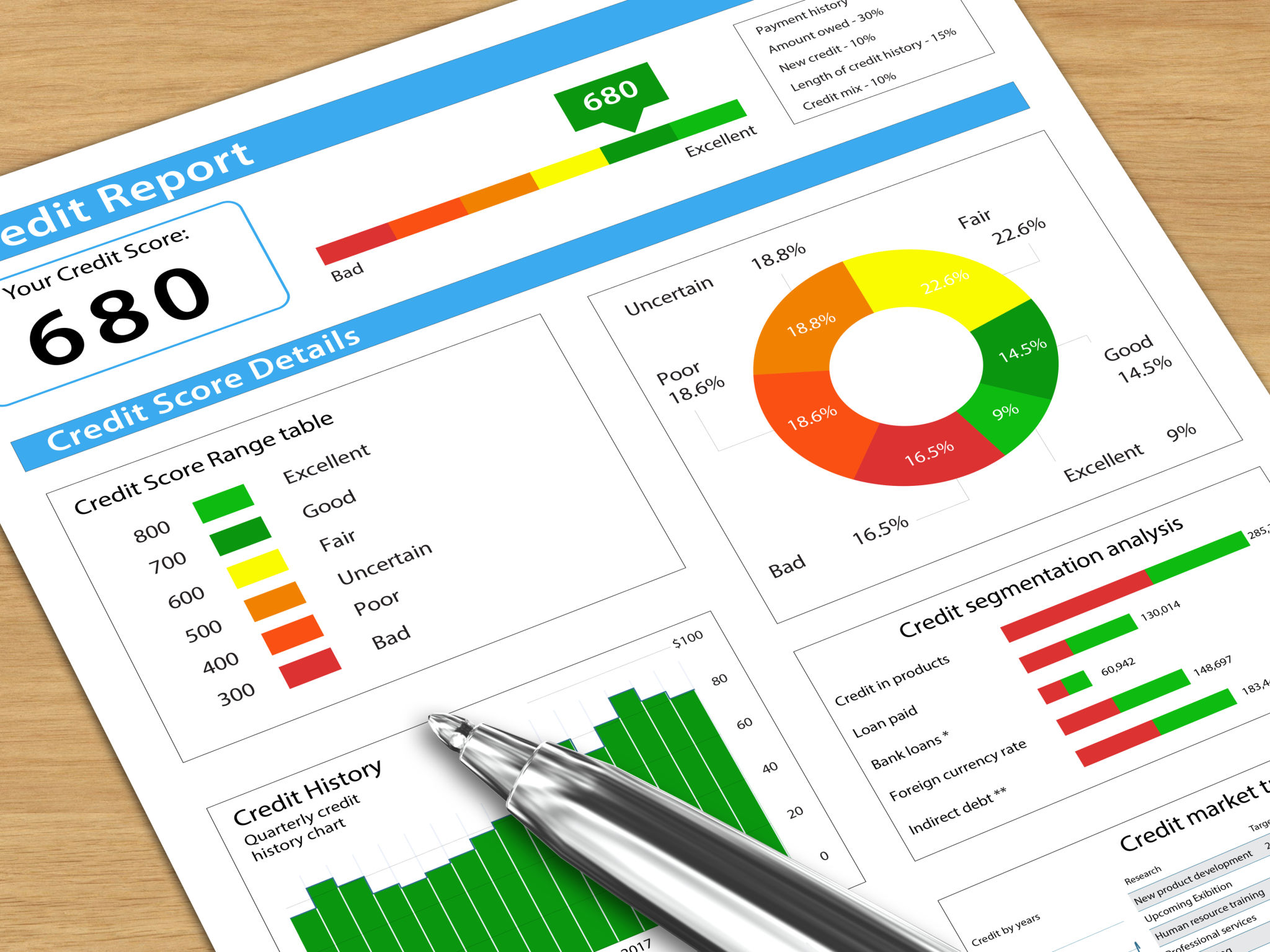Recovering from Holiday Spending: Effective Credit Repair Strategies in Texas
Understanding the Impact of Holiday Spending
As the festive season comes to a close, many Texans find themselves grappling with the financial aftermath of holiday spending. It's easy to get caught up in the spirit of giving, but once the celebrations are over, the reality of credit card bills and depleted savings accounts can become overwhelming. Understanding the impact of this spending is the first step towards effective credit repair.

During the holidays, it's common to rely on credit cards for gifts, travel, and entertainment expenses. While these moments bring joy, they can also lead to increased debt. It's crucial to assess your current financial situation and take proactive steps to manage and repair your credit effectively.
Creating a Realistic Budget
A solid budget is the cornerstone of financial recovery. Start by evaluating your monthly income and expenses to determine how much you can allocate towards debt repayment. Make sure to prioritize essentials such as housing, utilities, and groceries before setting aside funds for debt reduction.
Consider implementing the 50/30/20 rule, where 50% of your income goes to necessities, 30% to discretionary spending, and 20% to savings or debt repayment. Adjust these percentages based on your specific needs to ensure a balanced approach that facilitates credit repair.

Reducing Unnecessary Expenses
Once you have a budget in place, it's time to identify areas where you can cut back on unnecessary spending. Review your bank statements and look for patterns or subscriptions that you no longer need. Cancel unused memberships and seek out more affordable alternatives for entertainment and dining out.
Every dollar saved can be redirected towards paying off holiday debt, helping you regain control of your finances more quickly.
Developing a Debt Repayment Plan
To effectively tackle holiday debt, create a specific repayment plan. Consider using the debt snowball or debt avalanche method. The debt snowball method involves paying off smaller debts first to gain momentum, while the debt avalanche method focuses on paying off high-interest debts first to save on interest costs.

Choose the strategy that aligns best with your financial goals and motivation. Whichever method you select, remain consistent in your payments, and consider setting up automatic payments to avoid missing due dates.
Seeking Professional Credit Counseling
If you're feeling overwhelmed by your financial situation, consider seeking assistance from a professional credit counseling service. These organizations can provide personalized advice and negotiation services with creditors, potentially lowering interest rates or arranging more manageable payment plans.
Ensure that any service you choose is reputable and certified. This step can be crucial in helping you navigate complex financial challenges and achieve long-term credit repair.
Monitoring Your Credit Report
Regularly monitoring your credit report is essential in understanding your financial health and tracking progress. Obtain a free copy of your credit report from each of the three major credit bureaus annually through AnnualCreditReport.com. Review these reports for any errors or discrepancies that could negatively impact your credit score.

If you find any inaccuracies, dispute them promptly with the respective bureau. Keeping a close eye on your credit report will also help you stay motivated as you work towards improving your score.
Building Healthy Financial Habits
Recovering from holiday spending is not just about immediate fixes; it's about establishing healthy financial habits for the future. Practice responsible credit card use by paying off balances in full each month, avoiding unnecessary purchases, and maintaining a low credit utilization ratio.
By incorporating these strategies into your financial routine, you'll be better equipped to handle future holiday expenses without compromising your credit health.
